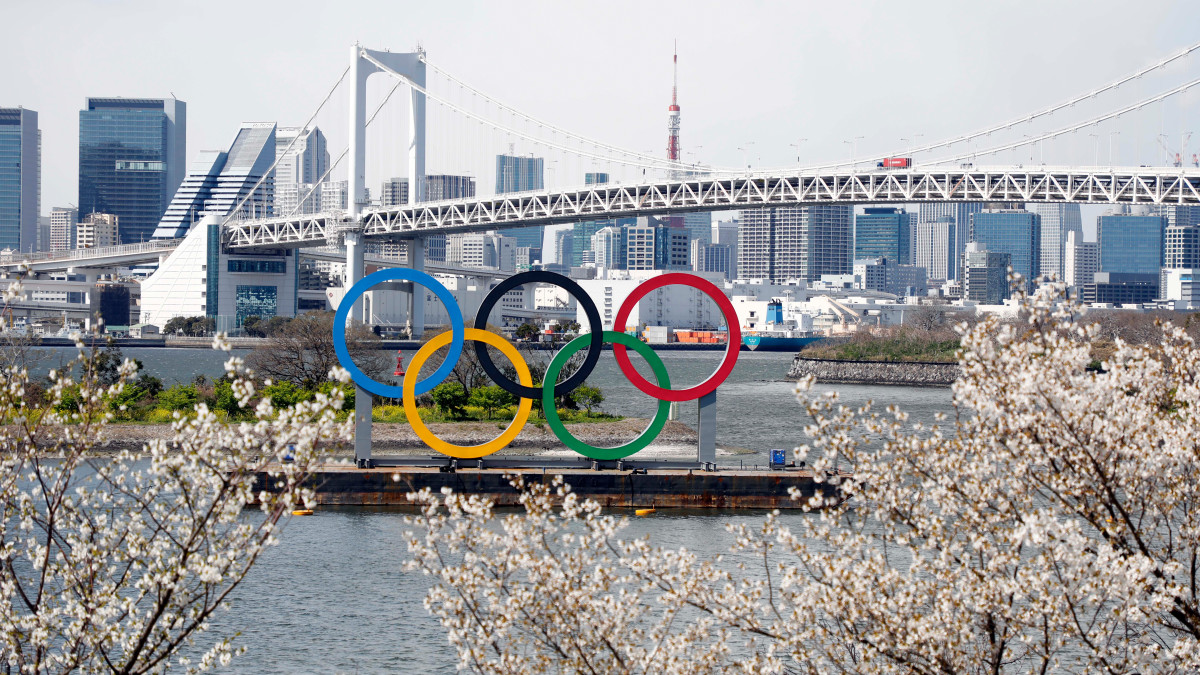USOPC Will Not Sanction Athletes for Peaceful Social Justice Protests at Olympics


The Team USA Council on Racial and Social Justice released its first set of recommendations on Thursday, "[requesting] to end the prohibition of peaceful demonstrations by team members at the Olympic and Paralympic Games."
The announcement was supported by the United States Olympic & Paralympic Committee (USOPC) and the Athletes' Advisory Council, which said it will not sanction Team USA athletes for peacefully protesting "in support of racial and social justice for all human beings."
"The Council’s recommendation is built on the foundation that athletes should have the right to peacefully protest and demonstrate against racial and social injustices and to promote human dignity through global sport. It calls for the IOC and IPC to update guidelines to allow for peaceful actions that specifically advocate for human rights and racial and social justice, and distinguishes those acts from to-be-defined 'divisive demonstrations'–including, but not limited to, currently prohibited acts of hate speech, racist propaganda, political statements and discrimination," the Council said in its statement.
The recommendation pertains to Rule 50 of the International Olympic Committee and Section 2.2 of the International Paralympic Committee, respectively. Rule 50 of the Olympic charter says, "No kind of demonstration or political, religious or racial propaganda is permitted in any Olympic sites, venues or other areas." The IPC Paralympic Handbook's similar rule is referred to as Section 2.2.
Multiple U.S. Olympic athletes have spoken out about their desire to fight for change. During the summer of the postponed Tokyo Olympics, hammer thrower Gwen Berry and fencer Race Imboden participated in protests during the country's state of national unrest and anger following the killings of Breonna Taylor and George Floyd.
Berry and Imboden protested at the 2019 Pan American Games. On Aug. 9, Imboden took a knee on the podium and later posted a photo of the moment on Twitter, asking for a "call to change" in the nation while voicing his concerns over racism, gun control, mistreatment of immigrants and President Donald Trump. One day later, Berry raised her fist on the podium near the end of the playing of the national anthem.
The USOPC released a statement on August 11 saying it was reviewing the athletes' demonstrations for possible consequences. Officials chose to put Berry and Imboden on probation for 12 months rather than suspend them.
Imboden has been vocal about abolishing Rule 50 of the Olympic charter and is a member of the steering committee for protests and demonstrations on the 44-person Team USA Council on Racial and Social Justice that was assembled in August.
Athletes like Imboden and Berry have fought for the right to use their platform as stars in their sport to voice concerns over enormous social issues, and don't intend to stop anytime soon.
"The Team USA Council on Racial and Social Justice provided its recommendation to the USOPC, NGBs, IOC and IPC in an effort to show the power and duty athletes have to build a more inclusive world through sport," Moushaumi Robinson, 2004 Olympic gold medalist in track and field and AAC leadership member and chair of the Council, said in the statement. "The Council believes the diversity of Team USA athletes is our strength, and that this recommendation can be a catalyst for change."
